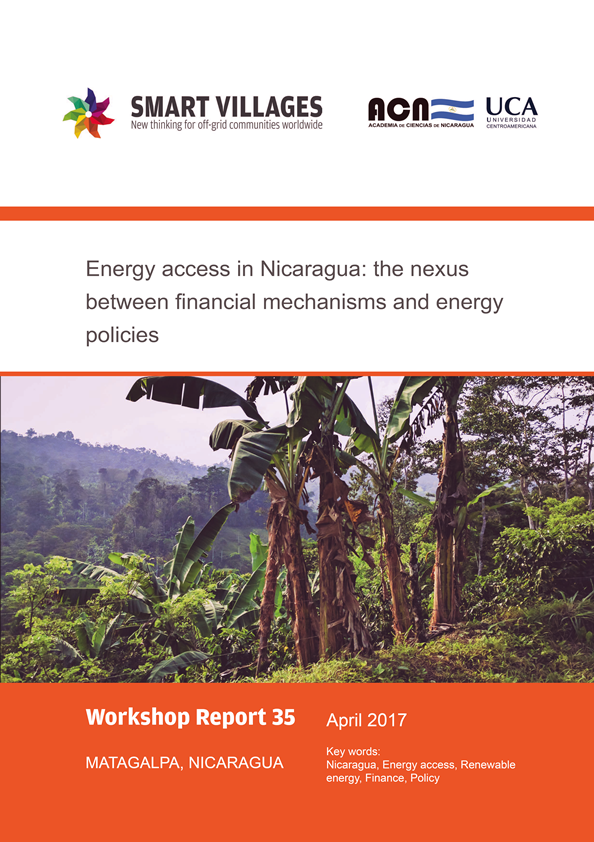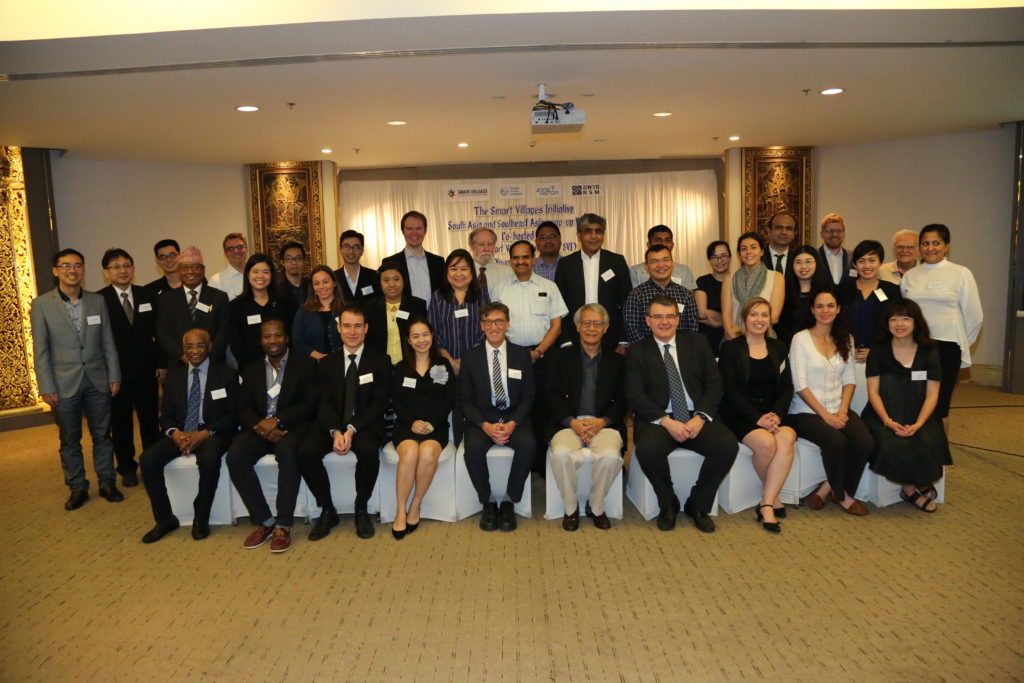Pay-N-Pump 2.0 – adding storage to mobile solar irrigation systems
SVRG is carrying this InnovateUK Energy catalyst round 9 project out together with our Ugandan partners, ApTech Africa ltd, to build on the success of our original ECR7 Pay-N-Pump innovation project. Project Overview PAY-N-PUMP is an innovative smart digital pay-as-you-go water-pumping and irrigation solution for small scale farmers in Uganda, built in a push-cart format, …
Pay-N-Pump 2.0 – adding storage to mobile solar irrigation systems Read More »













